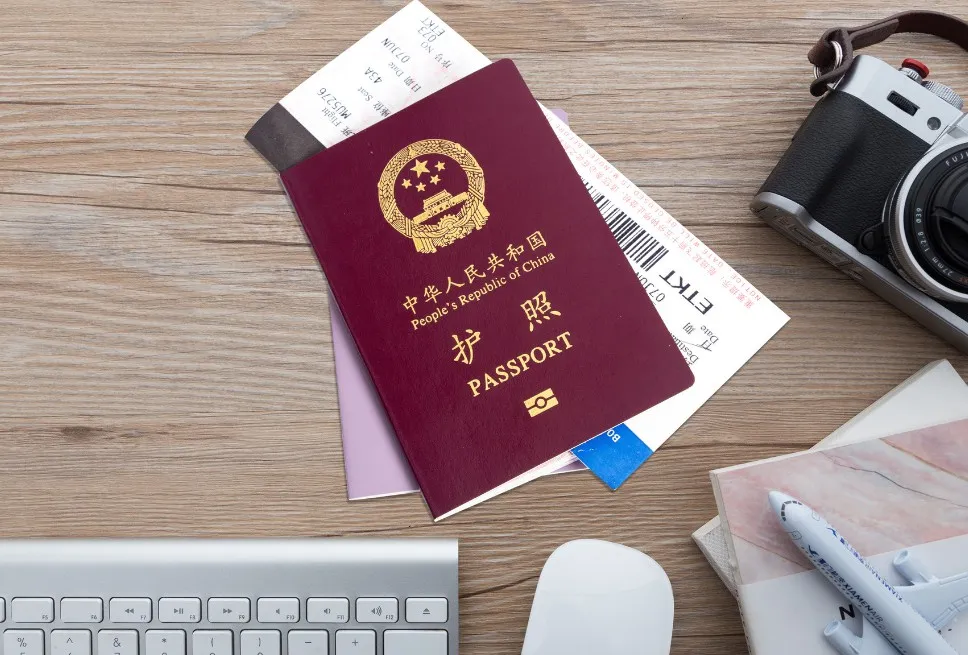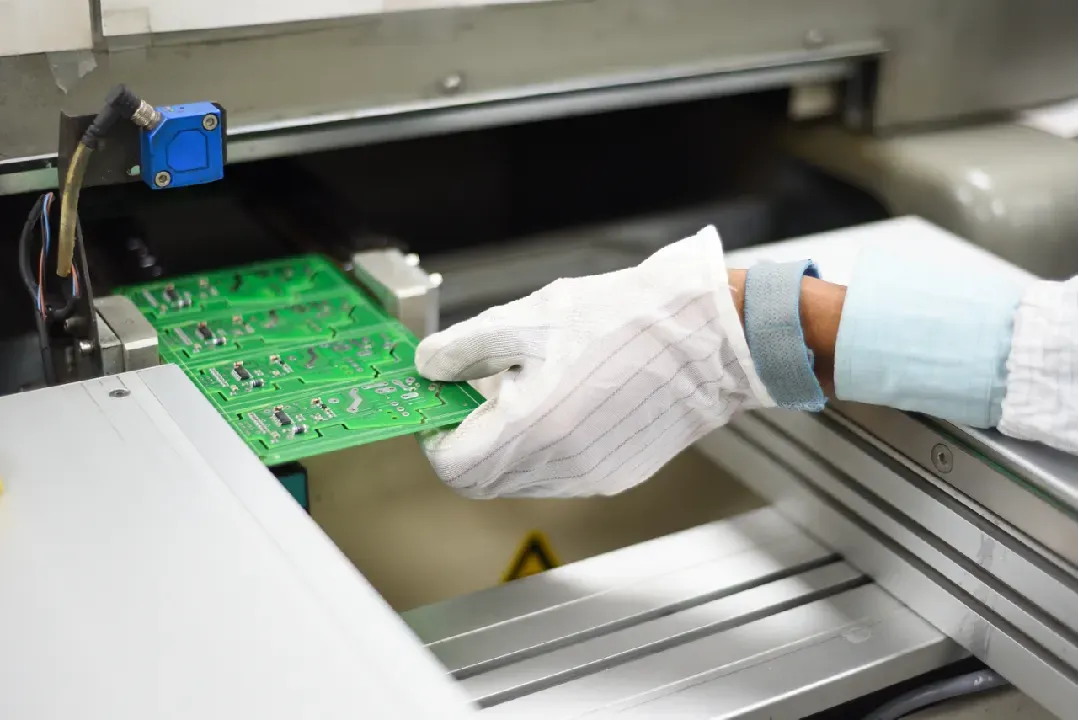
According to Reuters, India's trade, interior and foreign ministries did not immediately respond to requests for comment. The report mentioned that according to estimates by the Indian Economic Times, citing industry data, the electronics manufacturing industry alone has lost as much as $15 billion in production in the past four years due to the Indian government's reluctance to approve visas.
According to Indian media reports, the Indian government is working to speed up visa processing for Chinese technicians to address complaints from companies in India that visa processing delays are hindering India's manufacturing growth. Against the backdrop of tensions between China and India, India will establish a new fast track, and the Indian government plans to reduce visa processing time from the current 4-5 months to 30 days. Another official added that the visa allows Chinese technicians to stay in India for 6 months. The move is seen as key to India's economic goals and attracting foreign investment.
The Indian government is finalizing rules to reduce visa delays for Chinese technicians in response to complaints from companies. Companies say the restrictions are hurting India's role as a manufacturing hub.

India's federal Department for Promotion of Industry and Internal Trade is working with the federal home ministry and India's foreign ministry to develop a framework to fast-track visas for engineers and technicians needed to install Chinese-made machines in Indian factories, according to people familiar with the matter. The move aims to reduce visa processing time from the current 4-5 months to less than 30 days, the people said. The people familiar with the matter did not want to be named because the discussions are private.
Local media estimated that India issued only 2,000 visas to Chinese citizens in 2024, compared with about 200,000 visas issued to Chinese citizens before the outbreak in 2019.
Currently, China and India are negotiating to resolve the border crisis, but relations between the two countries remain tense. New Delhi insists that relations between the two countries cannot return to normal until the dispute is resolved.
According to people familiar with the matter, the Indian government plans to simplify the visa process and allow all companies in targeted industries that receive government subsidies to apply for business visas for Chinese workers. Under current regulations, only manufacturing companies that have been approved for incentive programs can apply for business visas for Chinese engineers, while the rest must apply for cumbersome work permits, which require a lot of paperwork.
India remains heavily dependent on imports from China, especially machinery needed for manufacturing. Chinese engineers are often needed to install equipment, perform maintenance work and train Indian workers to use the equipment.
Indian companies say the Indian government's hard line on China appears to be undermining India's manufacturing development and hurting India, which pays billions of dollars in subsidies to electronics, auto and pharmaceutical manufacturers. The Modi government has been trying to make India a manufacturing hub outside of China, especially in the electronics sector, with companies such as Apple setting up production facilities in India in recent years.
Observers point out that the incident is in stark contrast to India's strong crackdown on Chinese companies in India. India is now helpless. On the one hand, it is trying every means to suppress the development of Chinese companies in India in order to protect local Indian companies; on the other hand, India itself is extremely short of innovative talents. Excellent talents have gone to the United States, and local talents are insufficient. Many industries are highly dependent on Chinese technical talents, so India has to give the green light to Chinese talents.
Although the Indian government has simplified the corporate visa process under the incentive plan, Indian corporate executives say there are still major challenges. An executive at an electronics manufacturing company based in Noida, near the capital New Delhi, said the visa restrictions had led to higher costs, discouraged investment and a loss of credibility for Indian companies as reliable suppliers.

The Indian Cellular and Electronics Association estimates that the border standoff with China has caused the industry to lose about $15 billion in production between 2020 and 2023 and 100,000 jobs. The association's members include Apple and its suppliers as well as Chinese smartphone companies such as Oppo and Vivo. "The industry is very aware of the country's security requirements, but at the same time, skill transfer, investment, technology transfer, technology absorption, etc. are critical to achieving India's economic goals," said the association's president, Mohindro.
Mohindro said the Indian government's actions against Chinese companies have also had an impact on the industry, and now few Chinese are willing to go to India to seek business opportunities. Since the border dispute, the Modi government has expanded its investigation into companies such as Xiaomi and Vivo, accusing them of suspected tax evasion and money laundering.
"We are cautiously optimistic that this matter will be resolved in a timely manner in the best interests of the industry and the country," said Mohindro.
We believes that there will be great development in India in the next ten years, and it is a good opportunity to make a fortune.



